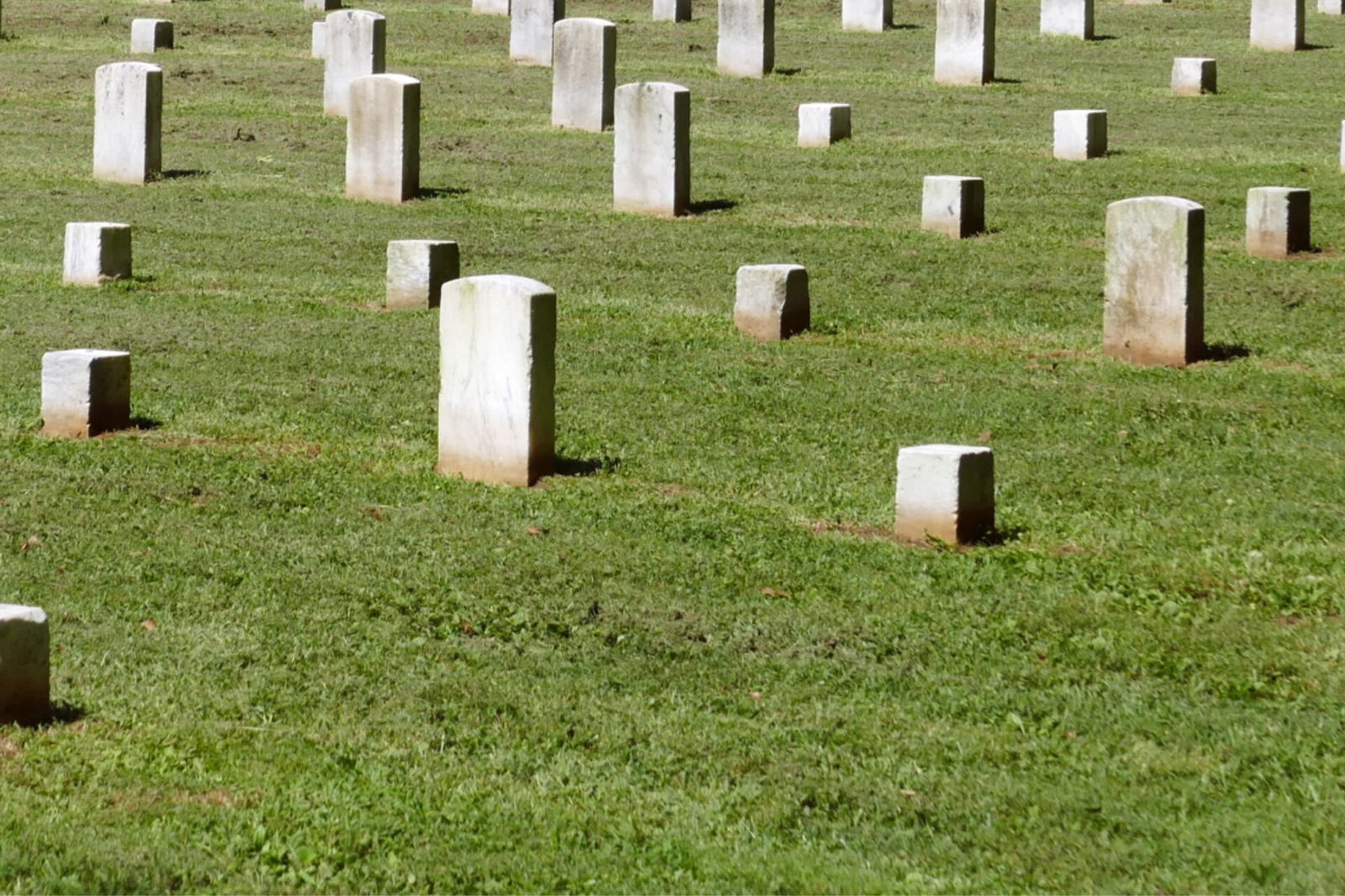
January 25, 2024
More Than 100 ‘Forgotten’ Gravesites Found At Former Black Cemetery at Air Force Base
Questions are being raised after more than 100 new gravesites were found at a Black cemetery on MacDill Air Force in Tampa, Florida, NPR reports.
The recent two-year survey of the site uncovered 58 probable graves and 63 possible graves, and the search isn’t over yet. Lt. Laura Anderson says a team will be canvassing the grounds with radars and cadaver dogs to secure any evidence of additional graves. “That’s essentially so we can make sure that we’re not forgetting anybody,” Anderson said. Additional research and surveys will continue through 2025.
The area in question is located in a “clear zone” that is required to remain free of vertical structures to ensure aircraft safety.
It has been more than three years since MacDill officials revealed the possibility of an African American cemetery, and base officials said they wanted to work with the community on the best way to honor those who were buried there. “We know obviously there was wrong done in the past, but we’re working together with our community members,” said Anderson. “We want to make what was wrong right.”
Hillsborough Circuit Judge Lisa Campbell, the granddaughter of Patrick and Reatha Williams, said that one of her family members — a stillborn baby born in 1930 — was buried on those grounds, according to Tampa Bay Times. Campbell said that everyone, regardless of their background, should be able to visit buried loved ones at any time: “Everyone in any culture expects that you would be able to come see your loved ones in a cemetery.”
“In this case, that didn’t happen and hasn’t happened since 1938, 1939, when the base began to be built.”
The cemetery was destroyed between those years while the base was being built, with headstones removed but bodies still present beneath undeveloped land to this day.
Yvette Lewis, president of the NAACP Hillsborough County branch, commends the base’s efforts thus far but feels more work should be done.
“No one is saying the current administration or the current people living had a hand in it, but they do have a hand in correcting the wrong,” Lewis said.
“They do have a hand in having the conversation and talking about it and telling the story and making sure the story is told correctly and properly. They do have a hand in memorializing it.”